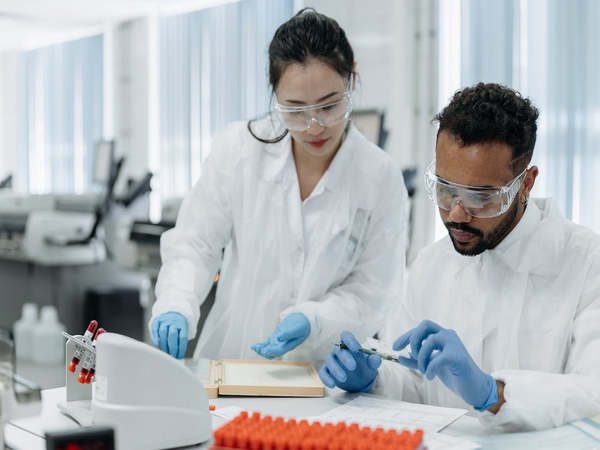Researchers discover stem cells in thymus for first time
Stem cells have been detected in the human thymus. These cells could be a new target for researchers studying immunological diseases, cancer, and immune system stimulation.

- Country:
- United States
Stem cells have been detected in the human thymus. These cells could be a new target for researchers studying immunological diseases, cancer, and immune system stimulation. Thymocytes (the gland's cells) develop into T cells, which are specialised immune cells needed to fight disease, in the thymus, a gland located in the front of the chest. The thymus has a distinct and intricate three-dimensional structure that includes an epithelium (a layer of cells that can regulate the growth of T cells) that wraps around the thymocytes and forms a mesh throughout the organ.
As compared to other organs, the thymus has only recently been studied due to its relative difficulty in access, aging-related shrinkage, and recent discovery of its role. It was formerly thought by scientists that it only contained progenitors formed during foetal development, not 'real' epithelial stem cells. These discoveries, which were just published in Developmental Cell, however, demonstrate for the first time the existence of self-renewing stem cells that give rise to the thymic epithelial cells that guide thymocytes to develop into T cells.
This shows the thymus has a crucial, regenerative function that extends beyond childhood and might be used to strengthen the immune system. The expression of particular proteins in the human thymus served as the basis for the tests in which the researchers looked at these stem cells. In the thymus, they discovered stem-cell niches (regions where stem cells congregate) in two places, below the organ capsule, or outer layer, and surrounding blood vessels in the medulla, the interior region.They showed that thymic stem cells contribute to the environment by making extracellular matrix proteins, which serve as their own skeleton.
They discovered that these stem cells, called Polykeratin cells, express a multitude of genes that enable them to give rise to various cell types not previously thought to have a common origin by employing cutting-edge tools to analyse gene expression in single cells and tissue sections. The scientists were able to demonstrate that thymus stem cells can be greatly enlarged by isolating Polykeratin stem cells in a dish. They showed that a single stem cell could create all the complicated cells in the thymus epithelium, showing a remarkable and unrealized regeneration potential.
Roberta Ragazzini, postdoctoral research associate at the Crick and UCL, and first author, said, “It’s paradoxical that stem cells in the thymus – an organ which reduces in size as we get older – regenerate just as much as those in the skin – an organ which replaces itself every three weeks. The fact that the stem cells give rise to so many different cell types hints at more fundamental functions of the thymus into adulthood.” It is known that the thymus' activity is closely controlled in adults, giving the immune system just enough boost to combat infections without going beyond and targeting the body's own cells.
However, in some people, the thymus isn't functioning properly or their immune system isn't as strong as it should be. According to the findings of today, it would be advantageous in certain situations to encourage the stem cells to reconstruct the thymus and strengthen their immune system. Paola Bonfanti, senior group leader of the Epithelial Stem Cell Biology and Regenerative Medicine Laboratory at the Crick, said, “This research is a pivotal shift in our understanding of why we have a thymus capable of regeneration. There are so many important implications of stimulating the thymus to produce more T cells, like helping the immune system respond to vaccinations in the elderly or improving the immune response to cancer.” (ANI)
(This story has not been edited by Devdiscourse staff and is auto-generated from a syndicated feed.)










